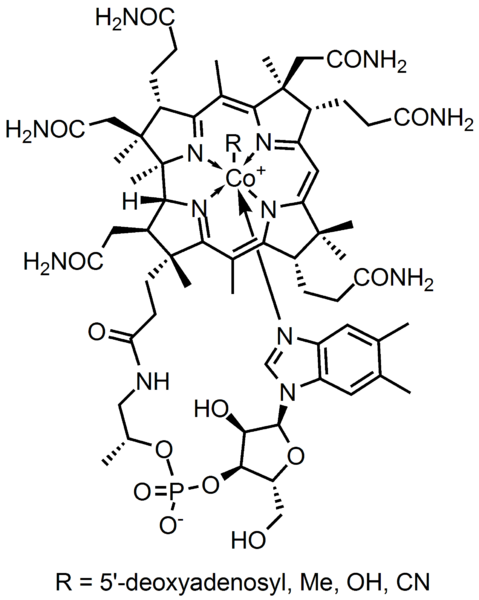Routine Administration of Folic Acid and Vitamin B12 to Prevent Childhood Infections in Young Indian Children
Pneumonia and diarrhea are among the leading causes of poor health and death in young cildren of developing countries. Many of these children have inadequate intakes of several vitamins and mineralsh.
Main content
Website: Folic Acid and Vitamin B12 in Indian Children
Funding: Thrasher Research Fund
Coordinator: Tor A. Strand
Period: 2008-2011
Synopsis:Pneumonia and diarrhea are among the leading causes of poor health and death in young children of developing countries. Many of these children have inadequate intakes of several vitamins and minerals. Folate and vitamin B12 are important for normal function of the immune system. Deficiencies of these vitamins are often part of general malnutrition and might be responsible for the excess morbidity and mortality seen in malnourished children.
In a recent cohort study in almost 2,500 Indian children we demonstrated that those with poor folate status had higher rates of diarrhea and pneumonia. This study also showed that children that were not breastfed had poor folate status and our analyses suggested that the effect of breastfeeding in preventing respiratory and gastrointestinal infections could be explained by the folate content of breast milk. The finding that poor folate status is related to increased susceptibility to childhood infections needs to be confirmed in well conducted clinical trials in populations where folate deficiency is prevalent.
This trial aims to examine whether daily supplementation of 2 recommended doses of folate or vitamin B12 or both will lessen the incidence of acute lower respiratory tract infections and diarrhea. We will also measure if the supplementation improves the weight and length of supplemented children.
Design/Methods
We will conduct a preventive randomized placebo controlled clinical trial of folic acid and vitamin B12 supplementation in 1000 children aged 6 to 30 months living in a low to middle-income socioeconomic setting in New Delhi, India. Children aged 6-30 months will be identified through a survey. Eligible and willing Children aged 6-30 months will be randomized to 4 treatment groups. Trial to enrollment informed consent will be obtained by the Study Physician/Supervisor. At enrollment a baseline form will be filled and the child weight and length taken. The baseline blood samples will be collected. The supplements will be given daily for 6 months. Morbidity will be ascertained through biweekly home visits by field workers.
